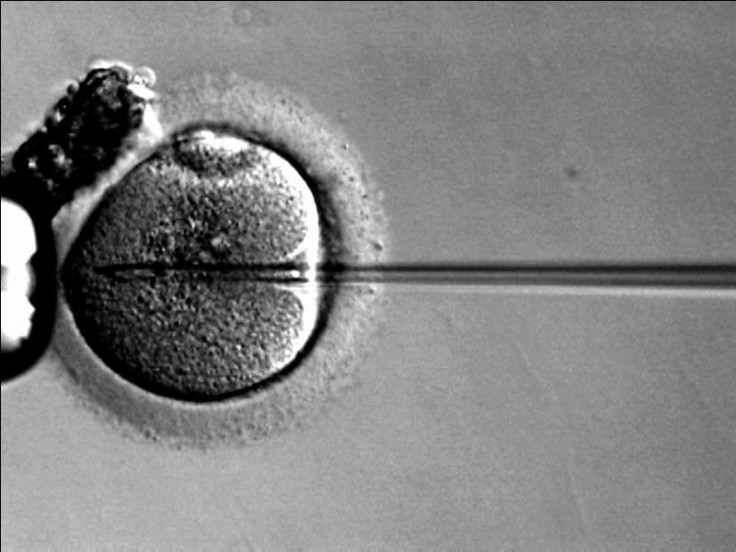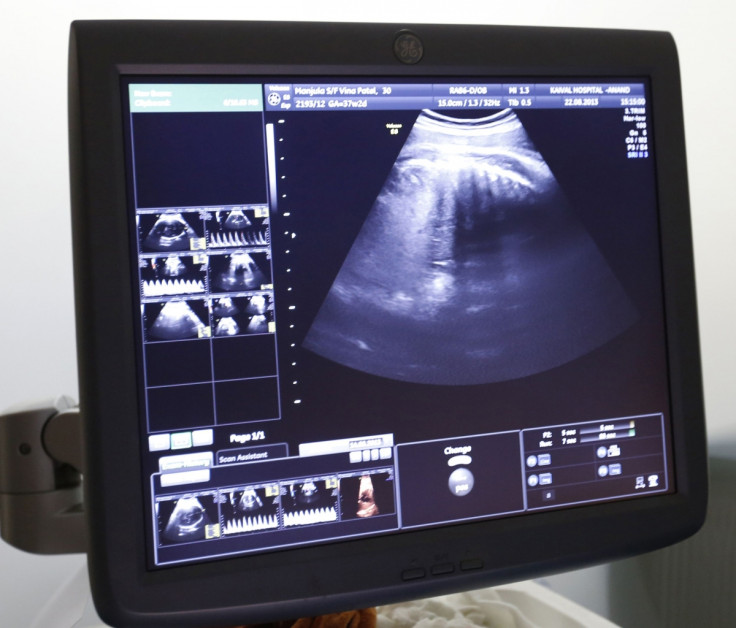First Women Trial Cheaper 'Alka-Seltzer' IVF: How Does the New Treatment Work?

The first women in the UK are set to trial an agenda-setting new budget IVF treatment, which is based on the chemical reaction of an Alka-Seltzer tablet.
In comparison with the standard IVF procedure, which costs around £15,000, the new "no frills" treatment will set women back just £1,000. It should be available to all women in the UK later this year.
The traditional process of In Vitro Fertilisation uses expensive drugs and incubators, in which an egg is surgically removed from the woman's ovaries and is fertilised with sperm in a laboratory. The embryo is then returned to the womb to grow and develop.
In the new procedure, an expensive incubator is replaced with two rubber-stoppered test tubes, which cost 7p each, are connected by a plastic tube.
The gas necessary for growing an embryo, normally produced by expensive medical-use carbon dioxide and purified air, is made in the first tube. The egg and sperm are injected into the second tube, where one egg should be fertilised.

Professor Jonathan Van Blerkom, from the University of Colorado, discovered the necessary gas for IVF could be created in the same way an Alka-Seltzer tablet dissolves in water. Blerkom then tried baking soda combined with citric acid.
The whole process uses fewer drugs and cheaper equipment for incubators, which lowers the cost of the whole procedure. Additionally, the new treatment should lead to fewer, higher quality embryos, so selecting and screening the fertilised eggs for genetic faults should be cheaper.
A third of women became pregnant when the technique was tested in Belgium, which resulted in 16 births. Using the established procedure, thousands of women were unable to receive IVF because of the cost.
The women are trying the process in Create, a London clinic, under the supervision of Dr Geeta Nargund. The Walking Egg Foundation will launch the new process on women aged 37 and younger and their progress will be compared with 50 women given normal IVF.
In Reproductive Biomedicine Online, Martin Johnson, a professor of reproductive sciences at Cambridge University, called the findings "encouragingly impressive". Johnson has warned the treatment may not prove to be successful in all couples.
© Copyright IBTimes 2025. All rights reserved.




















